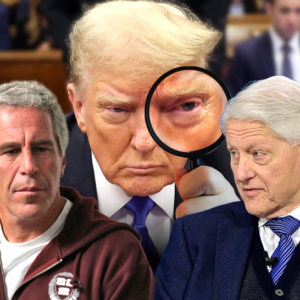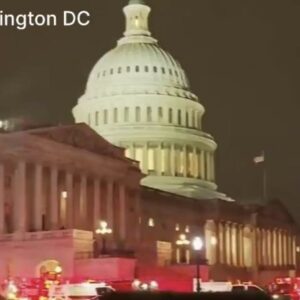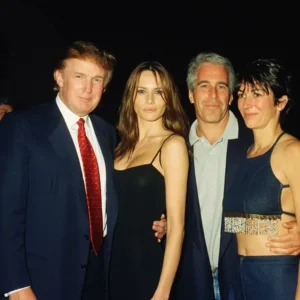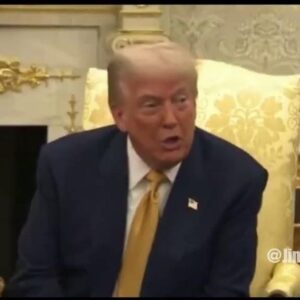Former President Donald Trump has dominated headlines recently after saying he plans to give nearly every American citizen $2,000—and some insiders suggest the amount could actually be higher.
Sounds surprising, right?
The big question is whether Trump is actually promising $2,000 to most Americans. As with many Trump-related topics, the answer depends on who you ask.
Trump says the payments would come from revenue generated by his tariffs, with low- to middle-income Americans benefiting the most. His critics, however, argue that the idea either isn’t realistic, won’t happen, or that Americans have effectively already paid those costs through higher prices tied to the tariffs.
Despite the skepticism, Trump and his allies insist that a payout of some kind is coming and that most Americans would qualify.
What remains unclear is the exact amount—and that’s where the speculation begins.
Could the checks exceed $2,000?
The widely circulated $2,000 figure is what people first latched onto when Trump brought up the idea. But during remarks on Wednesday at the U.S.–Saudi Arabia Investment Forum, Trump said his administration was working toward delivering checks of “at least $2,000.” That wording leaves the door open for a larger payment.
His full quote: “We’re going to be doing a dividend to the people — low and middle income, moderate income people — of at least $2,000.”
Still, the specifics of the proposal remain murky.
For any payments to become reality, Congress would need to pass legislation—meaning both the House and Senate must agree on the final amount. Treasury Secretary Scott Bessent has indicated that the payments would include income limits and would be aimed at working families, factors that could also influence the size of the checks.
Some economists have questioned whether the numbers add up, while Bessent has encouraged Americans to consider saving any potential dividend to help reduce inflationary pressure that could come from injecting thousands of dollars into millions of households.
He also connected the proposed “tariff dividends” to the concept of “Trump Accounts,” investment funds discussed in the One Big Beautiful Bill Act for children born between 2025 and 2028.
During an interview on Fox News, Bessent said: “Maybe we could persuade Americans to save that… because one of the things that’s going to happen next year.”
As with many of Trump’s proposals, the situation remains fluid—and the country will have to wait to see what, if anything, materializes.





